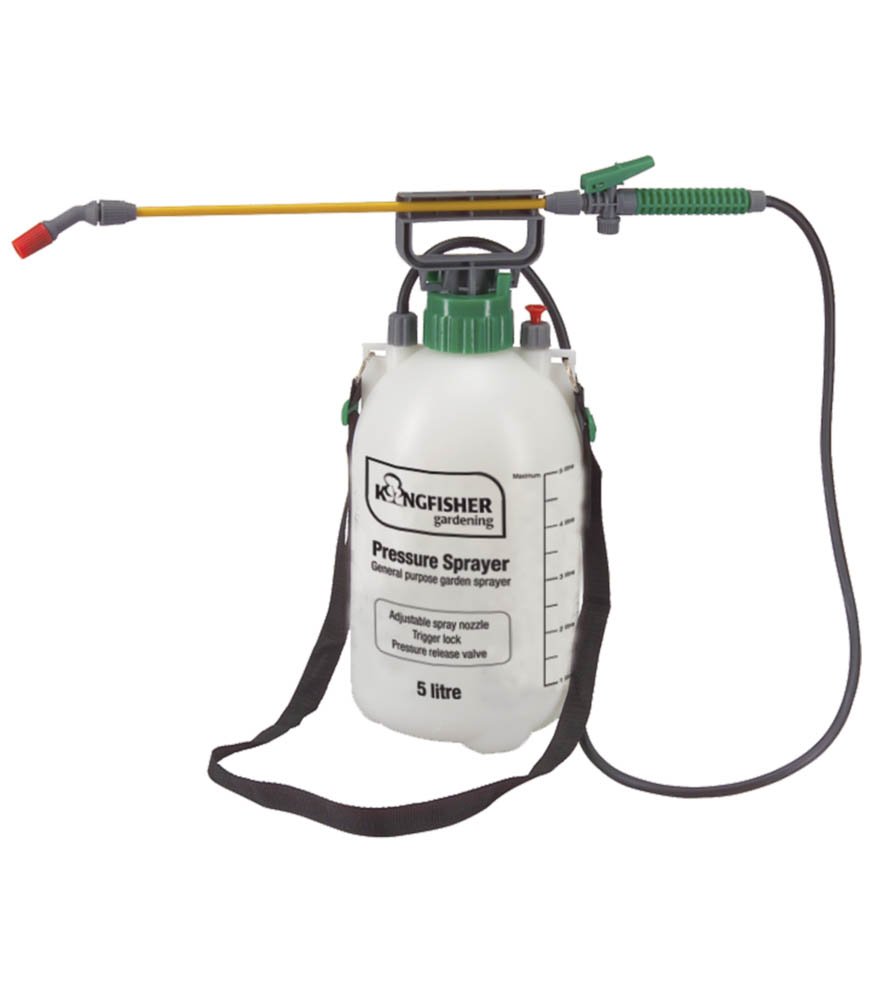Dutto
Landlord.
This has cropped up on another Thread and I am really interested!
The critical question "Is this bottle made from Food Grade plastic?" has been asked of Wilko with regard to their 5 litre Water Spray Bottle and I'm expecting an answer "within 5 working days".
For me, 5 litres is a great size and if they are made from suitable material I would use them in preference to the MK's that I currently use.
When I'm using the bottom tap on an MK I let air into the top via the "red bung" when the natural carbonisation pressure is exhausted. As the MK is emptied within a few days, there's never a fear of ruining the brew with oxygen. :wave:
Also, the Sprayer Bottle is fitted with a Pressure Relief Valve. This is an improvement on the MKs and I suspect that the Set Pressure of the Sprayer's PRV will be higher than the pressure rating of an MK. (I understand that Sprayer PRVs are set at 36psi.)
Wilco have an 8 litre Sprayer at £10 and the 5 litre one costs £7.50.
The cap on both bottles has a built-in "air pump" to pressurise the bottle when in "spray" service. I've not worked out how I will modify the cap if the plastic is suitable.
Here's hoping that one or both of them are suitable for use as Pressure Barrels containing beer!
BTW, from a Safety point of view, even if all the hurdles are jumped, the Sprayer itself will need to be clearly marked as "Beer Only" and kept completely separate from any garden sprayer that is used to dispense weedkiller.
I know SWMBO looks good in black, but the thought of her accidentally using a converted Sprayer for weedkiller and then sticking it back in the garage just sends me cold!
Remember Murphy's First Law is "If it can happen it will happen!" :thumb:
The critical question "Is this bottle made from Food Grade plastic?" has been asked of Wilko with regard to their 5 litre Water Spray Bottle and I'm expecting an answer "within 5 working days".
For me, 5 litres is a great size and if they are made from suitable material I would use them in preference to the MK's that I currently use.
When I'm using the bottom tap on an MK I let air into the top via the "red bung" when the natural carbonisation pressure is exhausted. As the MK is emptied within a few days, there's never a fear of ruining the brew with oxygen. :wave:
Also, the Sprayer Bottle is fitted with a Pressure Relief Valve. This is an improvement on the MKs and I suspect that the Set Pressure of the Sprayer's PRV will be higher than the pressure rating of an MK. (I understand that Sprayer PRVs are set at 36psi.)
Wilco have an 8 litre Sprayer at £10 and the 5 litre one costs £7.50.
The cap on both bottles has a built-in "air pump" to pressurise the bottle when in "spray" service. I've not worked out how I will modify the cap if the plastic is suitable.
Here's hoping that one or both of them are suitable for use as Pressure Barrels containing beer!
BTW, from a Safety point of view, even if all the hurdles are jumped, the Sprayer itself will need to be clearly marked as "Beer Only" and kept completely separate from any garden sprayer that is used to dispense weedkiller.
I know SWMBO looks good in black, but the thought of her accidentally using a converted Sprayer for weedkiller and then sticking it back in the garage just sends me cold!
Remember Murphy's First Law is "If it can happen it will happen!" :thumb:















![BREWING THERMOMETER STICKERS ACCURATELY MONITOR FERMENTING BEER & WINE LIQUID TEMPERATURES 5PCS HOME BREW SPIRITS WINE LCD ADHESIVE [US]](https://m.media-amazon.com/images/I/311DDjo2X3L._SL500_.jpg)



























